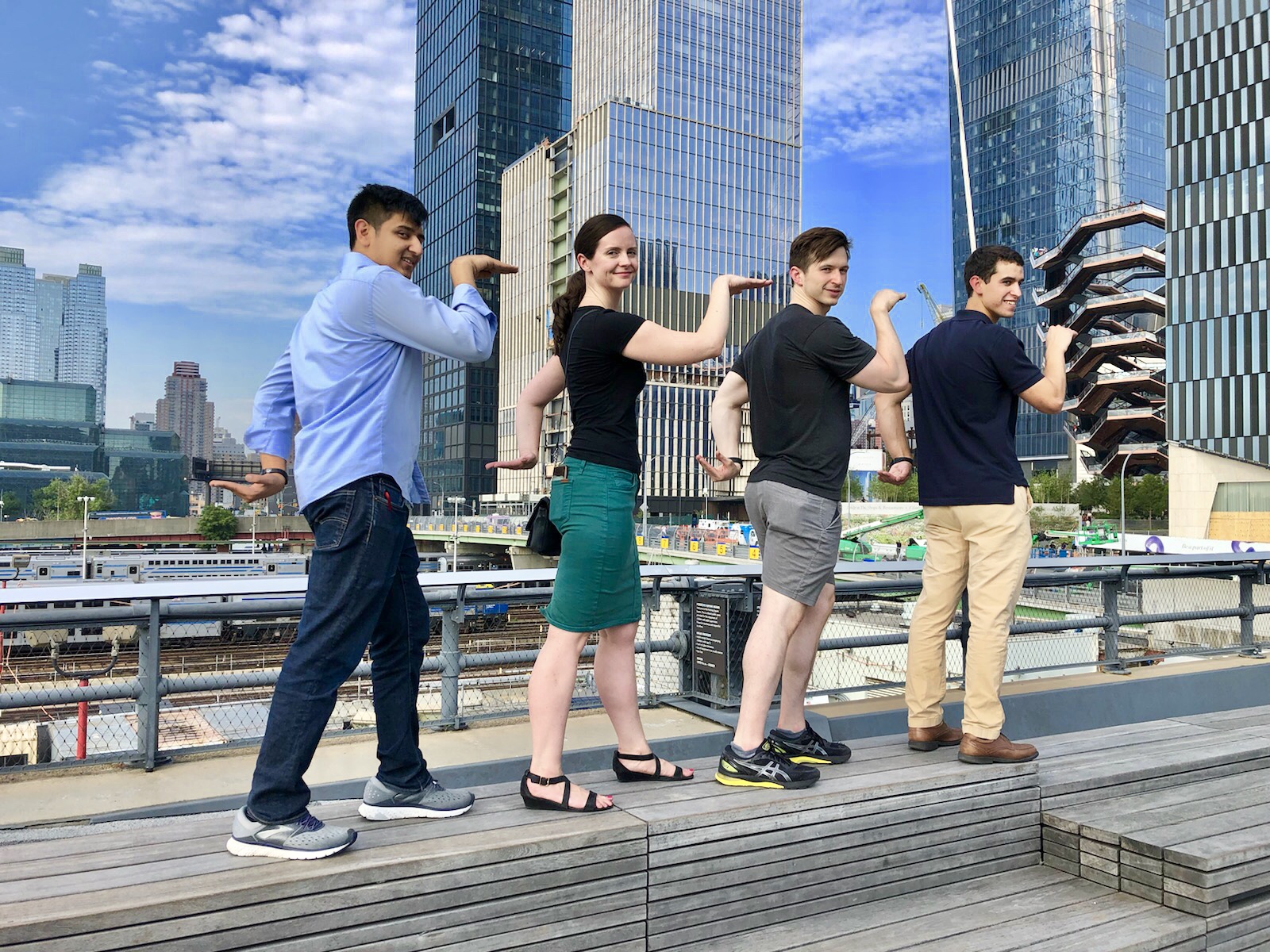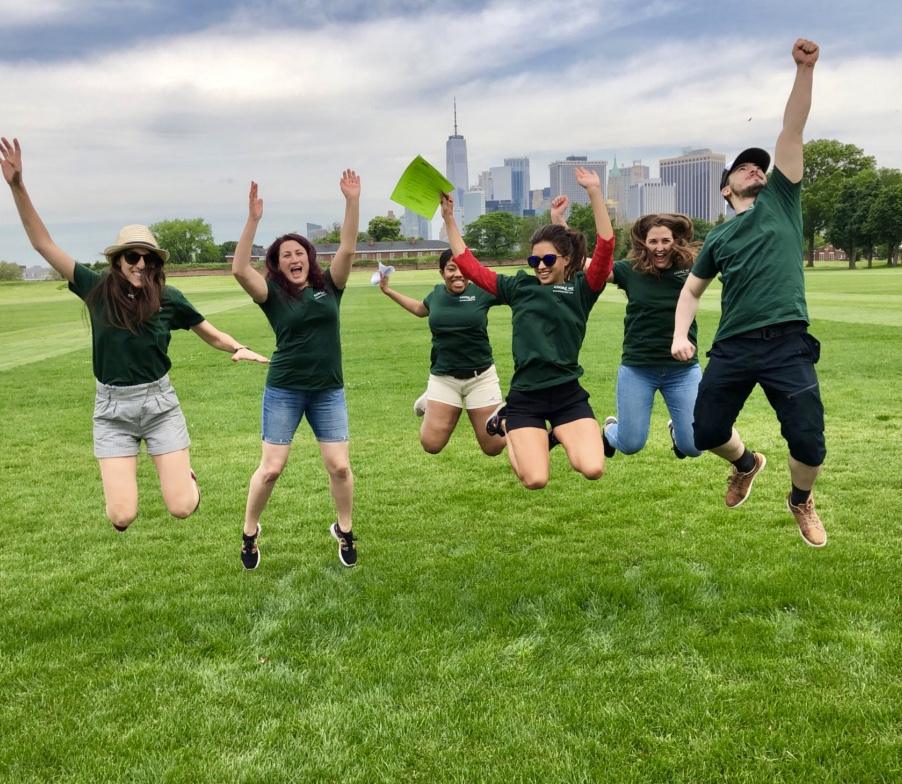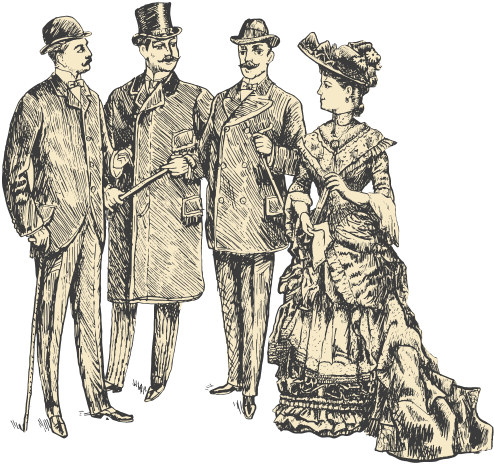Greater than the sum
“Let me tell you why my TV series in the ’90s was so good,” Jerry Seinfeld explained on the podcast Here’s the Thing. “In most TV series, 50% of the time is spent working on the show. 50% of the time is spent dealing with personality, political, and hierarchical issues of making something. We spent 99% of our time writing.”
At this year’s Jeopardy all-star games, the best players in the show’s history combined in teams of three. Even though famed 74-day champion Ken Jennings earned by far the highest individual score of any contestant in the tournament, his team actually lost to another team, which had a higher overall total.
For any grouping of people—the creators of an iconic TV show, a three-contestant Jeopardy team, or a Fortune 500 company with thousands of employees—the whole can be greater than the sum of its parts. But that can only happen if such an internal culture is actively cultivated.
If it works for Google…

That’s where team building activities, like scavenger hunts with Watson Adventures, can come in. When everyone knows each other and gets along, amid few to zero internecine squabbles or miscommunications, the organization can go full steam ahead towards its actual mission. Individuals can still flourish as part of the larger whole, sure, just as long as that whole comes first.
Does the CEO know the intern? Does the woman from HR know the man from accounting? Team building connects everyone across statuses and departments, including those who may never have otherwise interacted, despite ostensibly being on the same team.
And once everybody knows each other, who knows where that could lead? At Google, some of their most popular and successful features including Gmail and Google Maps’ street view were inspired by serendipitous employee collaborations and conversations.
Indeed, team building’s result of higher employee engagement in turn produces a host of ancillary benefits. Studies have found that better employee engagement at companies correlates with superior customer service, lower turnover, and higher revenues.
Wait, did you say “princess”?
On a recent Margot Robbie movie, everyone from the A-list actress to the usually anonymous camera crew and production assistants engaged in a team building exercise. Everyone wrote down the most extreme thing that ever happened to them, and participants had to guess whose story matched with which person.
“It just reminded me that fascinating people are everywhere,” Robbie told the Hollywood Reporter. “Someone had been engaged to the princess of Zanzibar. Someone else had been in a plane crash where only 10 people survived, and they were one of them. No one guessed that this was me—I found a human foot on the beach in Nicaragua once.”
As a result, that crew and production staff worked better and more effectively than the typically more-segmented divisions on a film set. Vice versa, a lack of team building can result in subpar results. But that can be improved in a single day.
Fall in love with team building

“If the team is performing poorly, managers should emphasize the positive aspects of the experience or even sponsor an activity outside of work,” suggested a recent Wall Street Journal article about the psychological benefits of shared success in the workplace. “Say, a night at an escape room, where the team can experience success together, understand one another’s competencies and better learn to share information.”
That’s where Watson Adventures can help. With our unique brand of scavenger hunts, we encourage and foster the kind of cross-department interactions and relationships that can benefit your organization for years to come.
And perhaps team building activities can provide unexpected benefits for your love life as well. “You’re wearing that ugly old baggy T-shirt from that team building exercise you did for your old work,” comedy music group Flight of the Conchords sang in their faux love song “Business Time.” Then they switched to a sultry Barry White style baritone: “…and it’s never looked better on you.”
